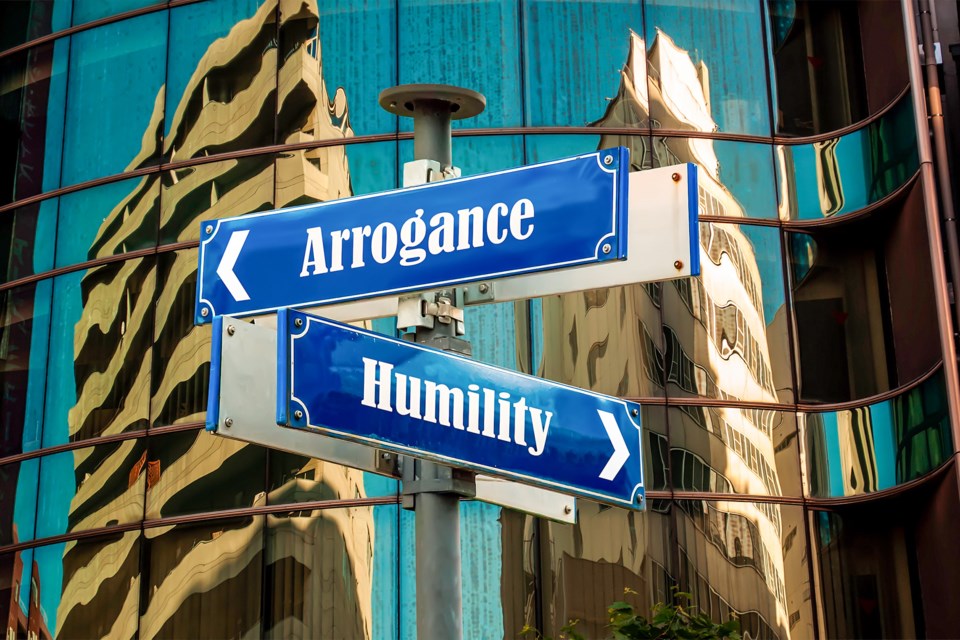I’m an Anglican priest. In other words, someone who spends much of his time in church, performing pastoral work, and speaking about and trying to live the Christian message. I’m also an author and columnist, writing every week about the truth and meaning of the Gospels. My life is arranged and defined by prayer, belief, and vocation. I also wear my clerical collar much of the time because I want to witness to people that clergy are not as distant or strange as many might assume.
Yet my most recent book — and in case anybody is wondering what it’s about, it’s called The Rebel Christ, and is, as as implied eponymously, all about faith and Jesus — has on the front a quotation from a rather well known person. “Integrity, wit and passion. A fine advocate for the best of Christian thought and a faith that encompasses the human as well as the divine.” That person is Stephen Fry, who is regarded as one of the world’s most high-profile atheists.
But here’s something else Stephen wrote. “I live on the other side of the faith divide from Michael, but that doesn’t prevent intense admiration of his insight, clarity, courage and honesty.” And that respect and friendship is at the beating heart of what I’m trying to achieve.
Because the long-standing paradigm is based on the idea that it’s the role of Christians to explicitly and sometimes aggressively convert non-believers. And in recent years in particular, the role of atheists to be rude and reductive about Christians. Yes, yes, sky-fairies, invisible friend, and so on. I’ve heard it all.
Let me be more precise and discriminating about the second part of that statement. Many, perhaps most people I meet are agnostic, unsure, or indifferent about God. Those who write endless books about why they don’t believe, and their followers who take to social media at the drop of a pious hat, are the fringe. Most atheists hold a passive position and are usually quite polite about it.
Then there’s the churchy lot. Again, most are too busy trying to work out their own salvation, or do some good in the world, to spend time on the conversion path. More to the point though, is it the best way to go about it?
As well as being a priest, I am, as I said, a journalist. Most of the publications I write for are secular and have no specifically religious mandate. Yet the vast majority of what I write—and I’m published perhaps 100 times a year—deals with faith, belief, and the values of the Gospels.
I’ve lost count of the number of people who write to me to explain how they’re atheists, have no interest in religion as such, or are even actively hostile to organized Christianity because of what they regard as hypocrisy, homophobia, misogyny, abuse scandals, and insert your own often entirely understandable accusation here. But they then continue to say that what they’d just read makes sense to them and they even rather like it.
Polarization isn’t healthy and usually profoundly damaging. Extremes have a habit of growing to resemble each other— if you doubt me, take a look at the intolerance of the hard right and the hard left, and their shared embrace of conspiracy theories and political hysteria. Certainty can be a very dangerous attribute indeed.
Mahatma Gandhi spoke of the evangelism of the Rose. “Don't talk about it,” he said. “The rose doesn't have to propagate its perfume. It just gives it forth, and people are drawn to it. Live it, and people will come to see the source of your power.” He’s half-right, but what a half it is.
I received some wonderful comments for my book from senior Christian clergy and academics, and they’re indeed mentioned on the back. But it’s Stephen Fry who dominates. Yeah, you’ve got me—of course because he’s famous and it might help sales. But for another reason. I want to, need to, reach people outside of the bubble, the echo chamber, the land of the church. As a Christian I refuse to speak of enemies, only of friends whom I’m yet to meet.
I believe that atheists and Christians alike are made in God’s image, are precious, and in both we see the reflection of Christ Jesus. Goodness, sometimes I see it shining brighter in those who insist that they reject him. We’re united by our humanity, and divided and failing when we deny it.

